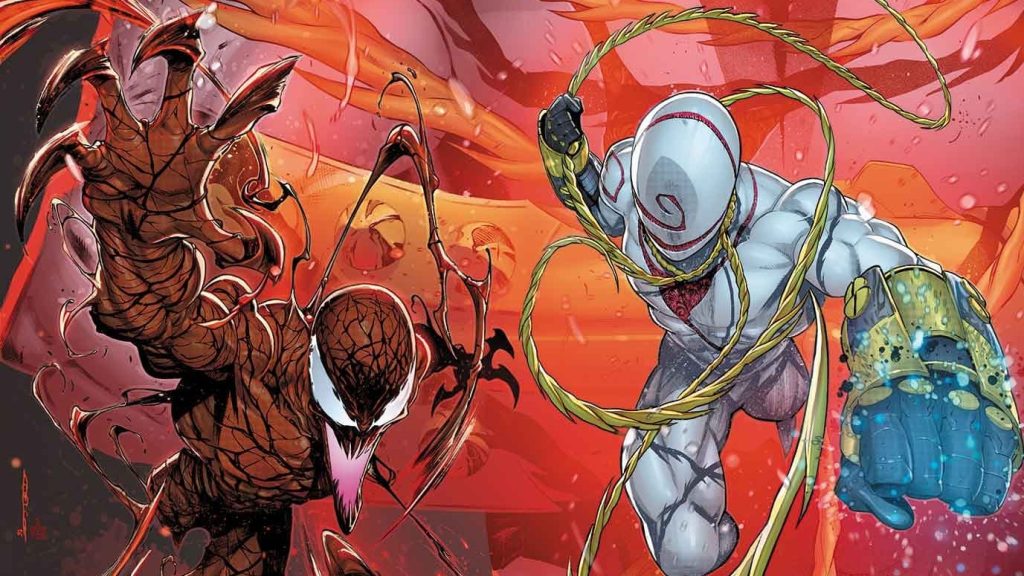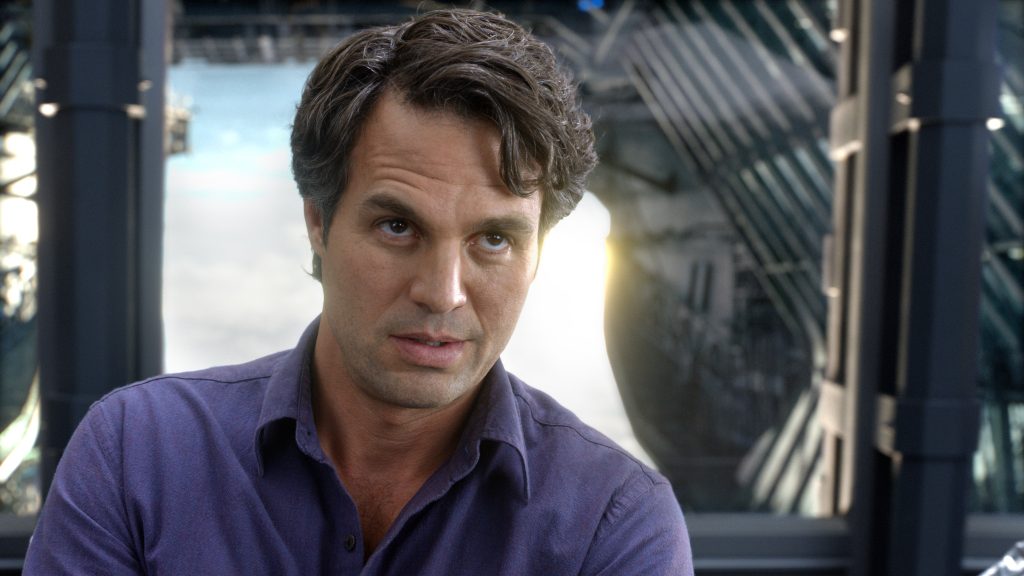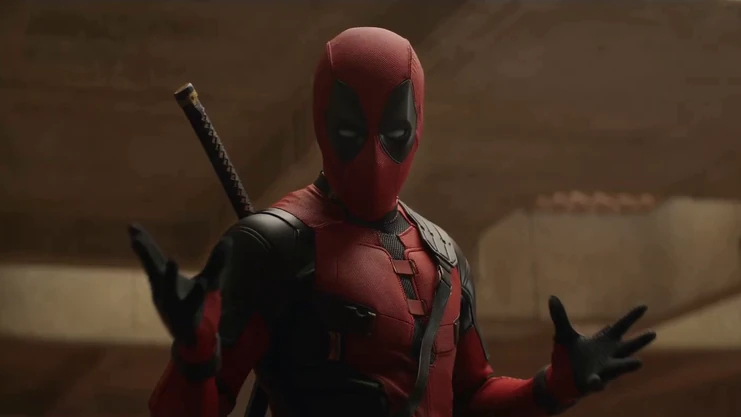If Chuck Palahniuk were to write a follow-up to his famous book “Fight Club,” there must be a good reason for it. The book and its movie adaptation in 1999 showed a harsh portrayal of harmful masculinity. It ended with the main character shooting himself in the head to try to get rid of his infamous alter ego, Tyler Durden. After waking up in a mental hospital, the main character still feels the influence of Tyler, but it’s not as strong as before. The book suggests that Tyler might come back again at some point. This made Brian Michael Bendis and Matt Fraction, who are comic book writers, wonder how that would happen. They discussed this question with Palahniuk during a dinner party attended by other writers in the industry.
“In a way, we all became excited about the idea of Chuck writing a graphic novel,” Bendis shared during his interview with Palahniuk for Comic Book Resources in 2015. “Your work has this intense and captivating style, a heightened genre vibe that translates well into graphic novels and comic books.”
Yet, surpassing his past accomplishments would pose a great challenge. For the sequel to live up to the original, Palahniuk had to make Tyler even more sinister. With determination, he crafted “Fight Club 2,” a brutal comic book continuation that directly picks up from his 1996 novel.
Tyler goes nuclear in Fight Club 2
Those who find Tyler Durden’s demise in “Fight Club” perplexing are validated in their confusion. The Narrator’s self-inflicted gunshot doesn’t eliminate Tyler permanently, and in the sequel, he resurfaces as the primary antagonist. However, his objectives in the second book extend beyond simply eradicating corporations.
Ten years after the “Fight Club” events, the sequel begins with Tyler taking control of Sebastian, also known as The Narrator. Living in an unhappy suburban life with Marla triggers chaos. Seeking excitement, Marla starts replacing Sebastian’s medication to revive Tyler’s influence. Meanwhile, Tyler has infiltrated Sebastian’s therapy sessions and convinces his psychiatrist to allow him to manipulate the Narrator occasionally. This enables Tyler to establish new Fight Club groups with the intention of destroying all world governments through a final nuclear event. Tyler’s ultimate desire is domination, and that is where the problem lies with the character.
Chuck Palahniuk created Tyler Durden to highlight masculinity’s negative aspects. Tyler argues that men are unable to find success or fulfillment because they believe feminism is taking away their traditional roles. Palahniuk’s writing is deliberate and purposeful, but many readers missed the underlying message. Some readers, especially those lacking media literacy, mistakenly view Tyler as a role model instead of recognizing the harm he represents in society. In the sequel, the author understood the need to make Tyler even more extreme and villainous than before.
Palahniuk’s ending elevates meta-storytelling to new heights.
In “Fight Club 2,” Palahniuk emphasizes that Tyler Durden should never be seen as an inspiration. Alongside Tyler’s destructive plans, Palahniuk delves into the origins of this infamous terrorist. Tyler isn’t merely a product of a recognized personality disorder; instead, he represents a pervasive mind virus that influences individuals to embody their worst selves. This influence extends to Sebastian’s son as well. Palahniuk’s efforts to convey Tyler’s despicable nature are commendable, as he serves as a metaphor for the perpetuation of toxic behavior.
Palahniuk takes meta-storytelling to a whole new level in “Fight Club 2.” Towards the end of the book, he inserts himself into the narrative, explaining the plot and addressing feedback from his friends. Panels are dedicated to the process of questioning and refining the story as needed. The culmination of this meta-narrative occurs when a group of fans, who idolize the film adaptation and romanticize Tyler for his anti-authority stance, express their dissatisfaction with Palahniuk’s direction.
In a shocking turn, the fans take matters into their own hands, penning their own ending where Tyler shoots his own creator. This meta twist illustrates Tyler’s overwhelming power, as he becomes an arch-villain so formidable that even his own creator cannot control him.
Is a film adaptation even possible?
Chuck Palahniuk’s primary objective in writing a sequel to “Fight Club” was to deconstruct the iconic character of Tyler Durden. The author expressed his discomfort with the constant quoting and referenced to the novel even two decades after its publication. Palahniuk wished for the focus to shift towards other literary works like “To Kill a Mockingbird” or “Portnoy’s Complaint,” and his intention with the sequel was to contain and reframe the impact of “Fight Club.”
While Chuck Palahniuk’s intention to emphasize the message of “Fight Club 2” is commendable, the execution of the sequel’s singular focus becomes overly ambitious. The intriguing aspect lies in Tyler’s ability to manipulate the family lineage of Sebastian across generations, which could offer an entertaining premise for a screen adaptation. However, such a complex narrative might be better suited for a format other than a feature film
There have been discussions about the potential of adapting “Fight Club 2” into a television series, with even Chuck Palahniuk considering the idea. The streaming platform’s creative freedom could be advantageous for the adaptation, allowing audiences to be more receptive to narrative choices, particularly if Palahniuk makes appearances as himself. It’s important to remember the satirical nature of the original David Fincher film, as the cult following around “Fight Club” sometimes overlooks its satirical elements. Creating a live-action sequel, would require an extreme approach, and there’s no one more extreme than Tyler Durden.








